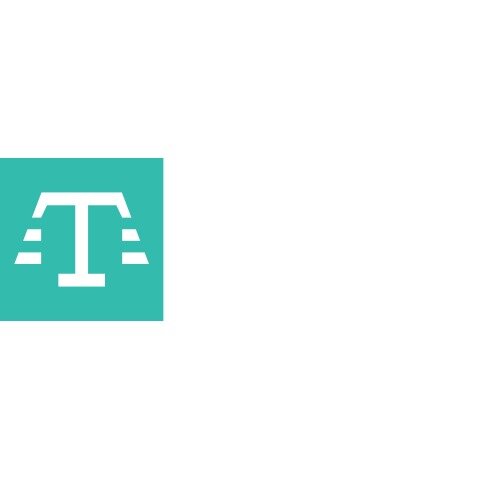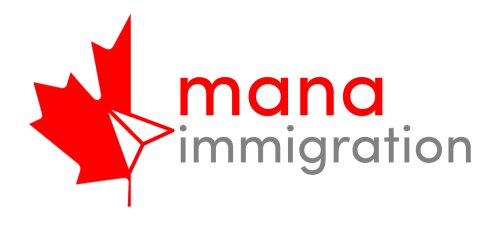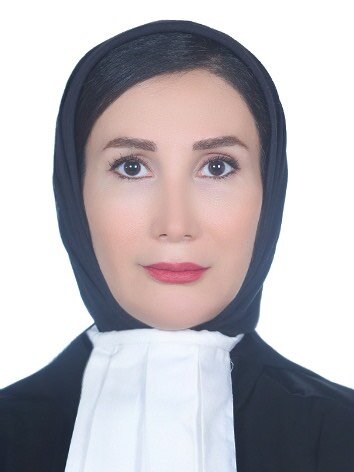Best Dependent Visa Lawyers in Iran
Share your needs with us, get contacted by law firms.
Free. Takes 2 min.
Or refine your search by selecting a city:
List of the best lawyers in Iran
About Dependent Visa Law in Iran:
Dependent Visa in Iran is a type of visa that allows family members of individuals who hold a valid visa, work permit, or residency in Iran to join them in the country. This visa is typically issued to spouses, children, and other dependent family members.
Why You May Need a Lawyer:
It is advisable to seek legal assistance when applying for a Dependent Visa in Iran to ensure all necessary documents are in order and to navigate any potential complications that may arise during the application process. A lawyer can also provide guidance on the rights and responsibilities of individuals holding a Dependent Visa in Iran.
Local Laws Overview:
Key aspects of local laws relevant to Dependent Visa in Iran include requirements for proof of relationship, financial support, and health insurance coverage for dependent family members. It is important to adhere to these regulations to successfully obtain and maintain a Dependent Visa in Iran.
Frequently Asked Questions:
1. What documents are required for a Dependent Visa in Iran?
Documents typically required for a Dependent Visa in Iran include a valid passport, marriage certificate (if applicable), birth certificates for children, proof of relationship to the primary visa holder, and proof of financial support.
2. Can I work in Iran with a Dependent Visa?
Dependent Visa holders are not permitted to work in Iran. They are only allowed to reside in the country as dependents of the primary visa holder.
3. How long is a Dependent Visa valid for in Iran?
A Dependent Visa in Iran is usually valid for the same duration as the primary visa holder's visa. It can be renewed along with the primary visa holder's visa renewal.
4. Can I study in Iran with a Dependent Visa?
Dependent Visa holders are typically not allowed to study in Iran. Separate student visas are required for individuals wishing to study in the country.
5. Is it possible to change my visa status while holding a Dependent Visa in Iran?
Changing visa status while holding a Dependent Visa in Iran may be possible in certain circumstances. It is recommended to seek legal advice to determine the feasibility of changing visa status.
6. What are the common reasons for Dependent Visa applications being rejected?
Common reasons for Dependent Visa applications being rejected in Iran include incomplete documentation, lack of proof of relationship, insufficient financial support, and failure to meet health insurance requirements.
7. Can I sponsor other family members with my Dependent Visa in Iran?
Dependent Visa holders in Iran are typically not allowed to sponsor additional family members. Each dependent family member must have a separate Dependent Visa application.
8. What are the rights of Dependent Visa holders in Iran?
The rights of Dependent Visa holders in Iran include the right to reside in the country as dependents of the primary visa holder, access to basic services, and protection under Iranian law.
9. Can a Dependent Visa be converted into a permanent residency in Iran?
Dependent Visa holders in Iran are generally not eligible for permanent residency directly through their visa status. Separate permanent residency applications must be submitted and met with specific requirements.
10. What should I do if my Dependent Visa application is rejected?
If your Dependent Visa application is rejected in Iran, you may consider appealing the decision or reapplying with additional documentation to address the reasons for rejection. Legal assistance can be helpful in this process.
Additional Resources:
For more information on Dependent Visa laws and regulations in Iran, you can contact the Iranian Ministry of Foreign Affairs or consult with legal professionals specializing in immigration law.
Next Steps:
If you require legal assistance with your Dependent Visa application in Iran, it is recommended to consult with a qualified immigration lawyer who can guide you through the process and help you navigate any legal challenges that may arise. Ensure all necessary documents are in order and seek professional advice to improve the chances of a successful Dependent Visa application.
Lawzana helps you find the best lawyers and law firms in Iran through a curated and pre-screened list of qualified legal professionals. Our platform offers rankings and detailed profiles of attorneys and law firms, allowing you to compare based on practice areas, including Dependent Visa, experience, and client feedback.
Each profile includes a description of the firm's areas of practice, client reviews, team members and partners, year of establishment, spoken languages, office locations, contact information, social media presence, and any published articles or resources. Most firms on our platform speak English and are experienced in both local and international legal matters.
Get a quote from top-rated law firms in Iran — quickly, securely, and without unnecessary hassle.
Disclaimer:
The information provided on this page is for general informational purposes only and does not constitute legal advice. While we strive to ensure the accuracy and relevance of the content, legal information may change over time, and interpretations of the law can vary. You should always consult with a qualified legal professional for advice specific to your situation.
We disclaim all liability for actions taken or not taken based on the content of this page. If you believe any information is incorrect or outdated, please contact us, and we will review and update it where appropriate.
Browse dependent visa law firms by city in Iran
Refine your search by selecting a city.















